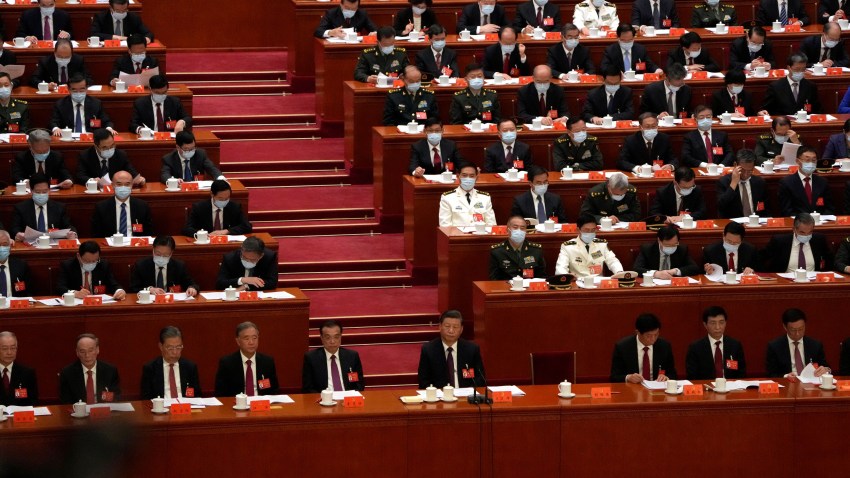Much of the world looked on with consternation as Xi Jinping began his third term as president of China and leader of the Chinese Communist Party at the 20th Party Congress in October. Xi’s ironclad grasp on power has crucial implications for how the CCP will respond to critical domestic challenges, which in turn will affect China’s foreign policy. For now, the current protests against the stringent lockdowns at the heart of Xi’s zero-COVID policy top this list of domestic challenges. More broadly, Xi’s consolidation of power ushers in an era of re-centralization and control that will hamper local officials’ ability to offer innovative solutions to economic and social issues.
Since China began its period of spectacular growth with the “reform and opening” period of the late 1970s, strong economic performance has been the bedrock of the ruling CCP’s legitimacy. But Xi’s domestic policies have not inspired confidence in the CCP’s ability to contend with the serious challenges China now faces, which will require creativity, entrepreneurship and sustained efforts to resolve. At the core of many of these challenges is the trade-off between political control and sustainable economic growth. And while economic growth remains foundational for the political resilience of the CCP, recent crackdowns on private enterprises in a variety of sectors—including real estate, technology, online gaming and tutoring services—have made it clear that for Xi, the party’s political priorities trump the private sector’s market imperatives.
This isn’t unprecedented, even after China’s transition from a socialist, centrally planned economy began. For Chinese policymakers, the core question of the “reform and opening” period was how to reap the benefits of a market economy without the social, legal and political conditions traditionally regarded as necessary for market success. These conditions include a strong and impartial legal system, the ability to regulate and punish those who violate the rules, and constraints on political leaders to prevent appropriation, among others.

